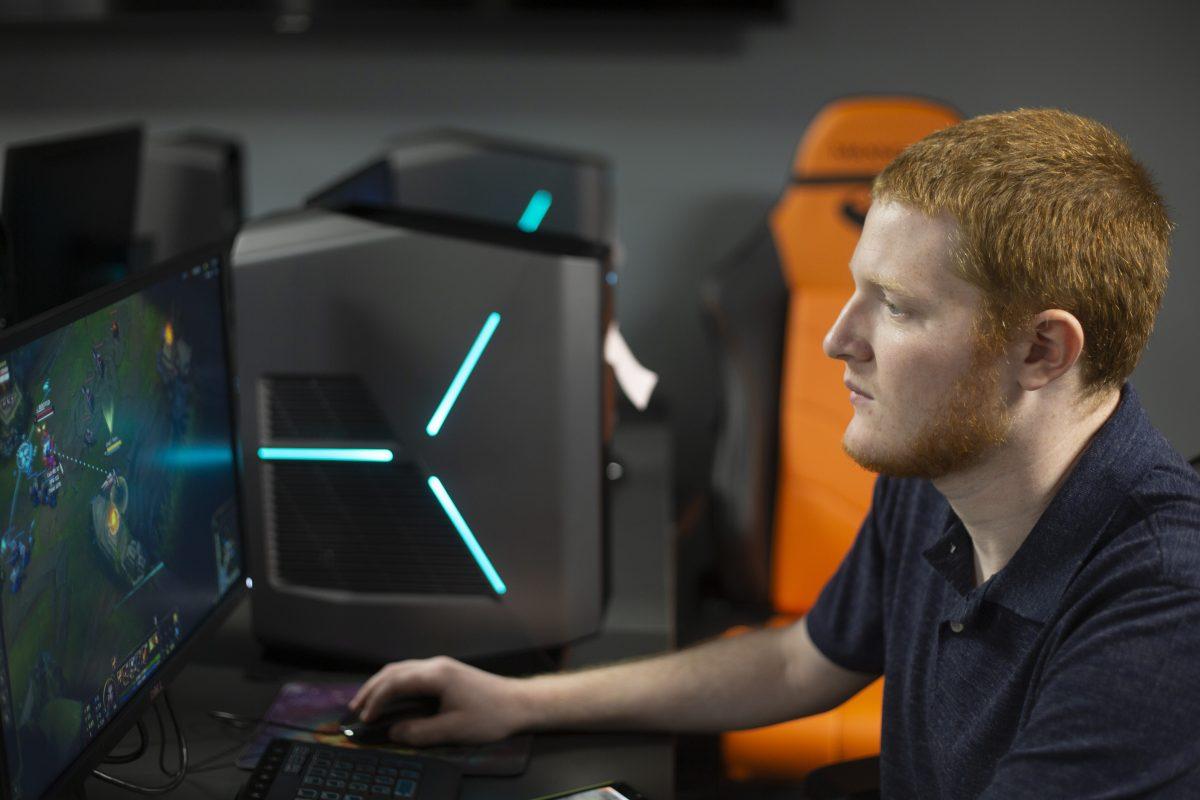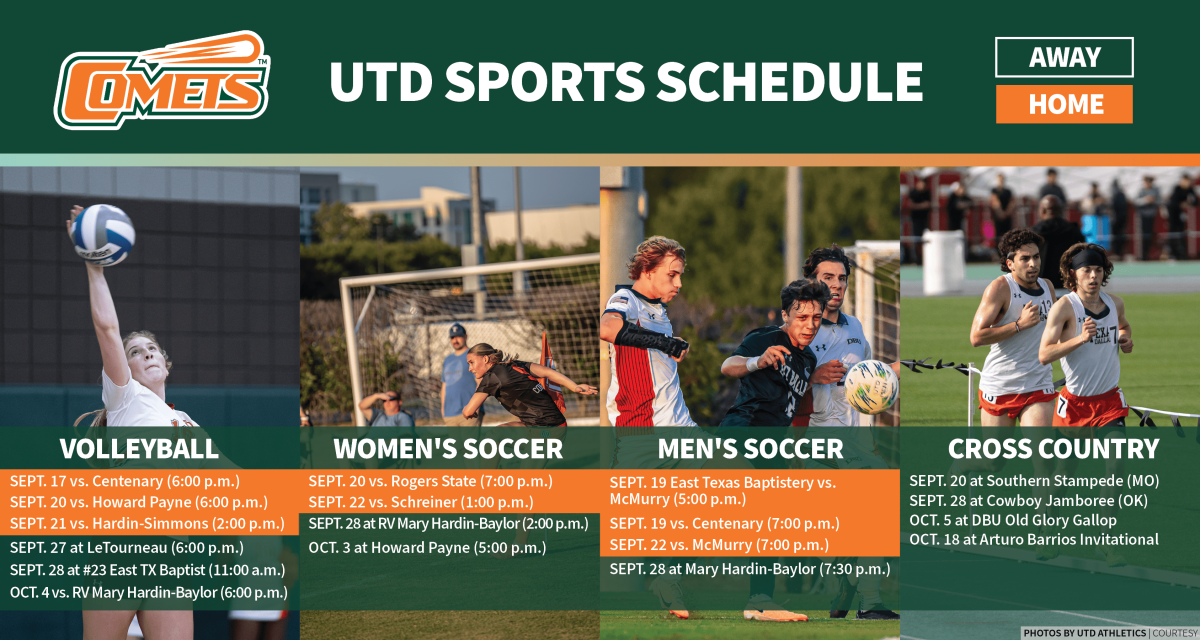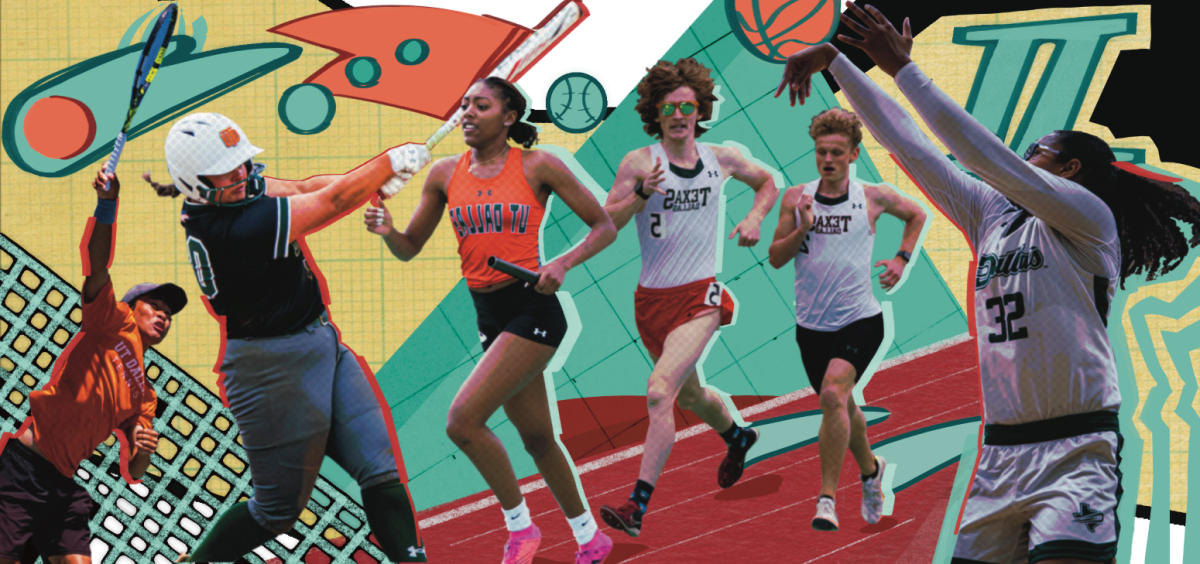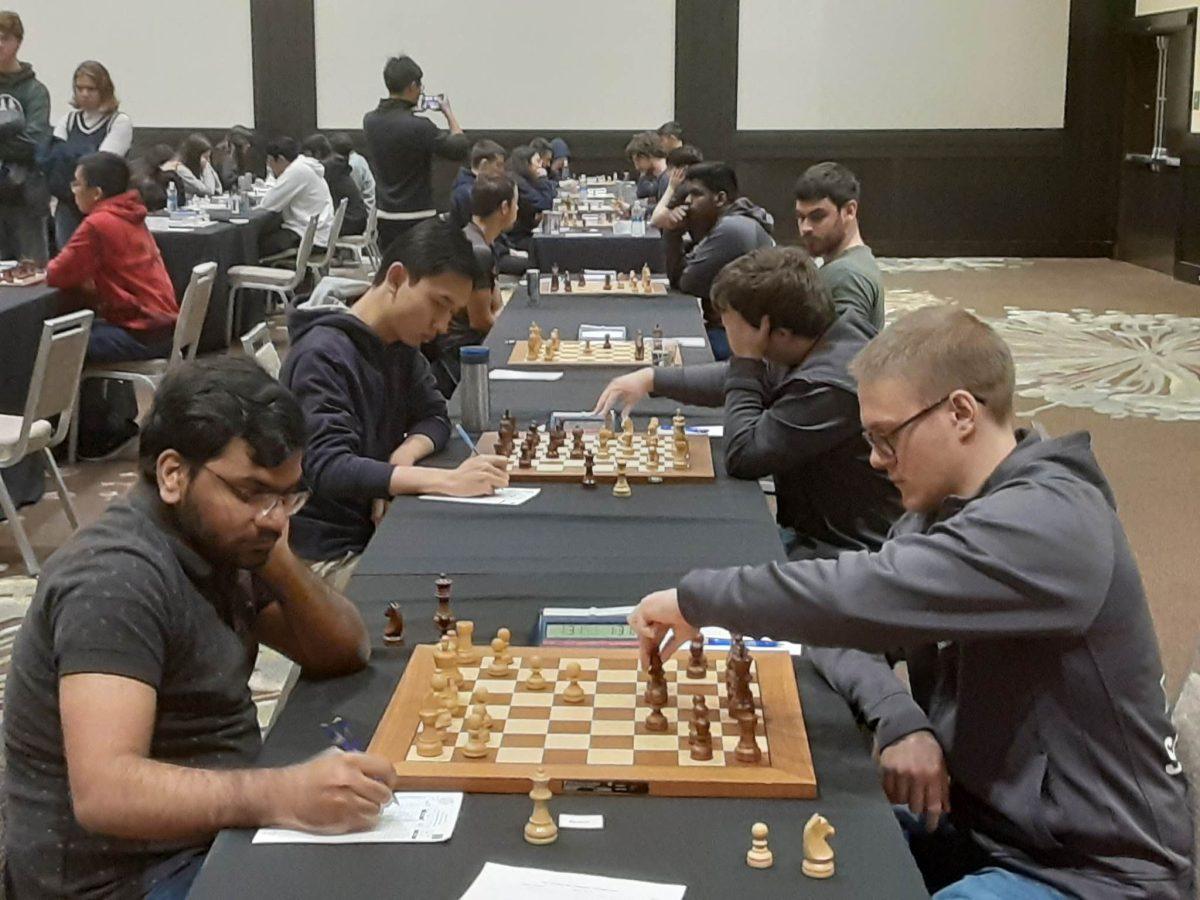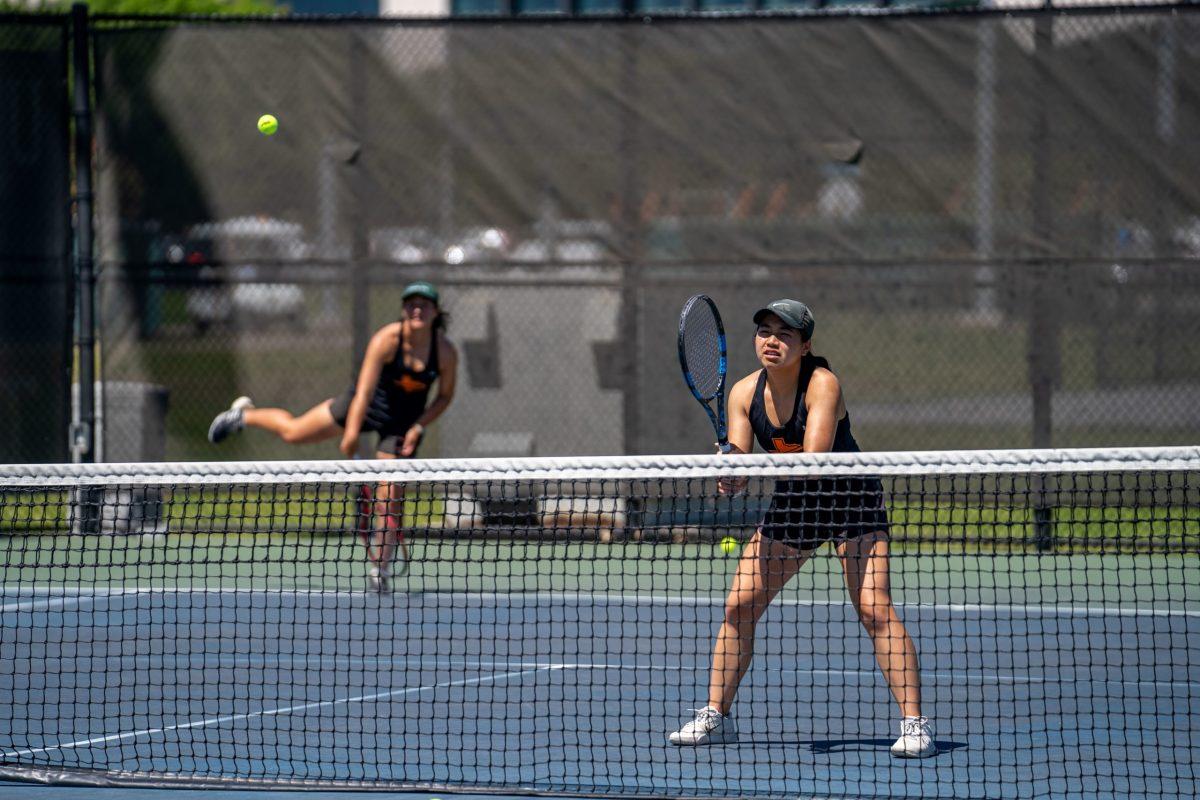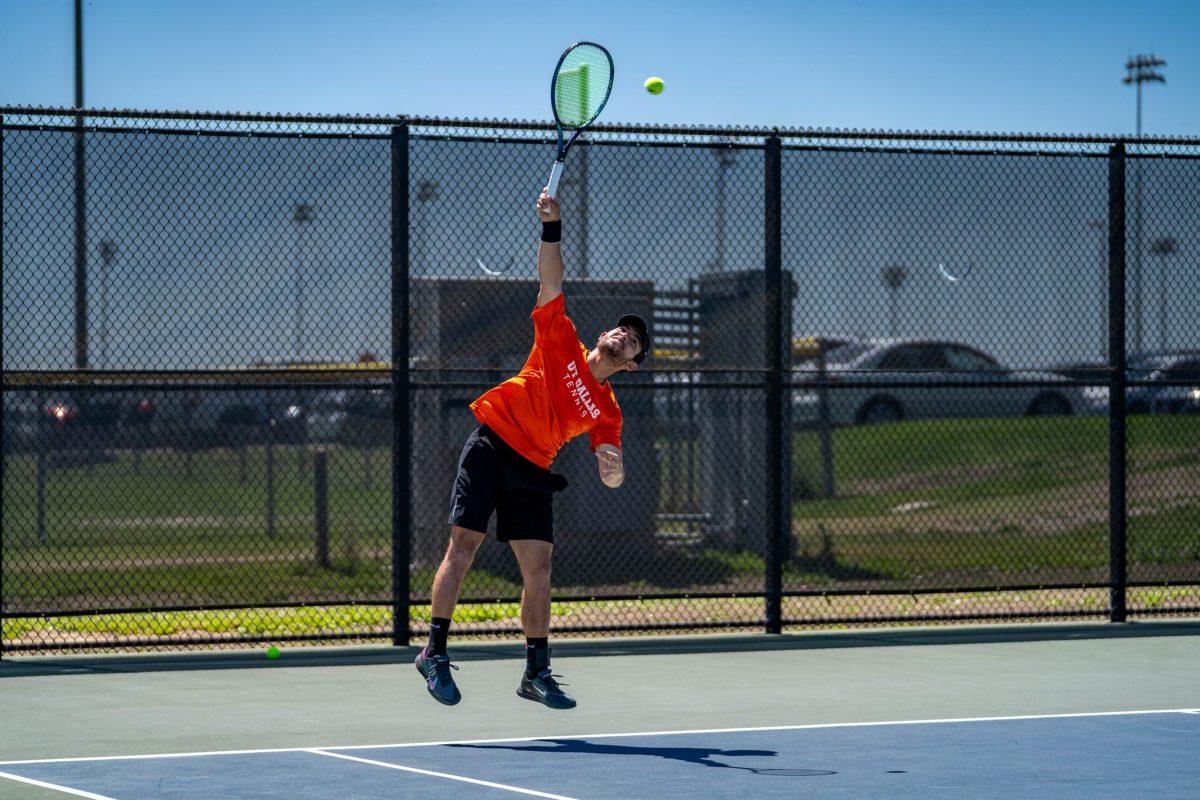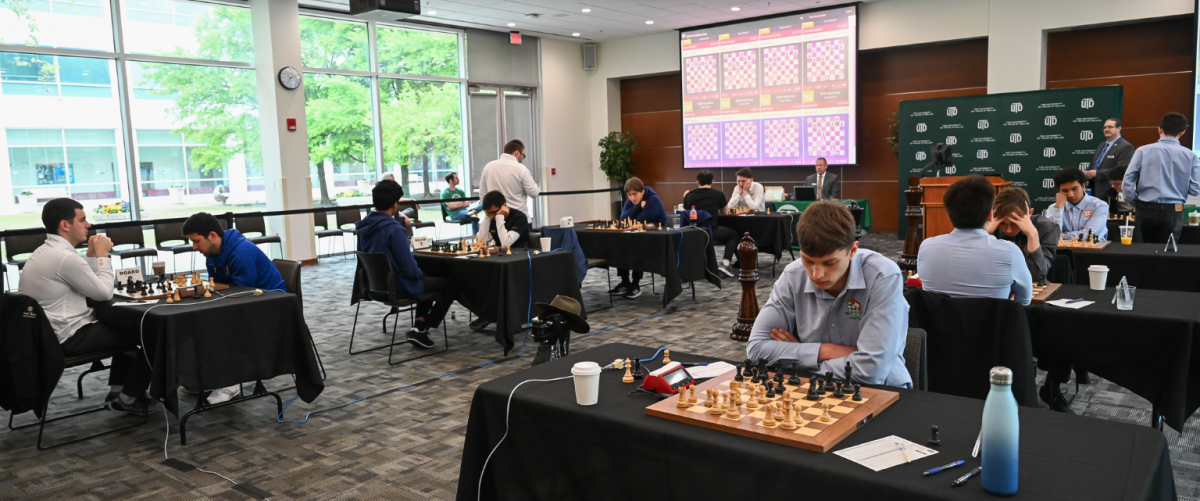The UTD esports program hired its first-ever esports coach and is currently recruiting students to join the esports team in the next few weeks.
Greg Adler, a music education graduate from Kutztown University and avid gamer, was hired to become the official esports coach for the “League of Legends” and “Overwatch” teams this August.
After graduating college, Adler started the Phi Mu Alpha Sinfonia League Championship series, where he oversaw coaching teams and hosted matches and tournaments. When he came to UTD, Adler started an interest form for those who could help the esports department with organization and received over 150 responses.
“Something with esports is there’s so much room for so many different outlets, you can have people that can cast games, people that can stream, people that can come and do analysis (and) people that can make highlight videos,” Adler said. “It’s such a huge and booming industry and there’s so much potential for it.”
Adler plans to have two “League of Legends” teams with five players each and two “Overwatch” teams with six players each. He said in the future he’d consider looking for more to substitute players when necessary, but for now he is working on developing a team of approximately 25 players total. Adler said the purpose of having two teams is so they can compete and practice with one another and distinguish between the good and better players.
Tryouts for the “League of Legends” team will be held Aug. 27-29, and players must be ranked Platinum or higher. “Overwatch” team tryouts will be held Sept. 4-6 and players must be ranked Diamond or higher.
“In the team A, you have people behind you that are eager and getting into that spot and it motivates that top team to stay in their game and keep motivated,” Adler said. “An A and a B team, looking at the people, it’s not a big difference skill-wise so you’ll have a lot of communication between the two teams. You’ll talk about strategy and be able to play against each other, and there’s a lot of opportunities to become a family.”
Both “League of Legends” and “Overwatch” have rank systems to distinguish players in terms of skill and persistence and add a competitive aspect to the game. Players must win a certain amount of games and perform well in placement matches to ascend the rank ladder. The ranks range from Bronze to Grand Mastertier in “Overwatch,” with Diamond tier falling two ranks below Grand Master. In “League of Legends,” the ranks run from Bronze to Challenger, with Platinum tier falling three ranks below Challenger. However, ranks do not transfer into the next season, and players must continue to play competitively to maintain their rank. Adler said the “League of Legends” team has a few Master players — the tier directly below Challenger — while the “Overwatch” team also has Grand Master players.
Rob Bogardus, associate athletic director for external operations, said Master players and Grand Master players are very rare in collegiate esports. In comparison, UT Arlington’s “Overwatch” team’s highest ranking player is Diamond tier.
“When (Adler) says a grand master is the top 2 percent in the world, it’s the top one tenth of one percent of collegiate gamers, because the other ones are pros. So if you have a grandmaster in the collegiate game, that’s big,” Bogardus said. “Most collegiate teams aren’t going to have that at that level.”
Adler said the program will give students the opportunity to get involved beyond playing on the team itself. He said there could be potential openings for analysts, highlight reel makers, game casters and students to help with recruitment for the team.
“I had people sending me paragraphs of how they want to get involved and just tons of all these videos of their gameplay and stuff so I think you can really sense that UTD is the perfect place for esports and it’s because of the students,” Adler said. “It’s because of its passion and their experience with it. They’re the ones that are pushing this culture here.”
Athletics Director Bill Petitt said the program is working on finishing the practice room currently under construction in the Student Union. The room will have four 80-inch screen TVs for match viewing, 24 seats, a cubicle for the coach, Alienware PCs and custom-made gaming chairs. He said the department is currently discussing sectioning off part of The Pub to turn into a small gaming café for students to play with each other.
Additionally, the staff in the esports program will continue to acquire funding for the 3,500-seat arena that is projected to begin construction later during this academic year.
“Things move slowly around here except esports. We got a building built like that, February was when they just started initially talking about it and we already started the program in August, which includes a full-time staff. It’s phenomenal,” Bogardus said.

